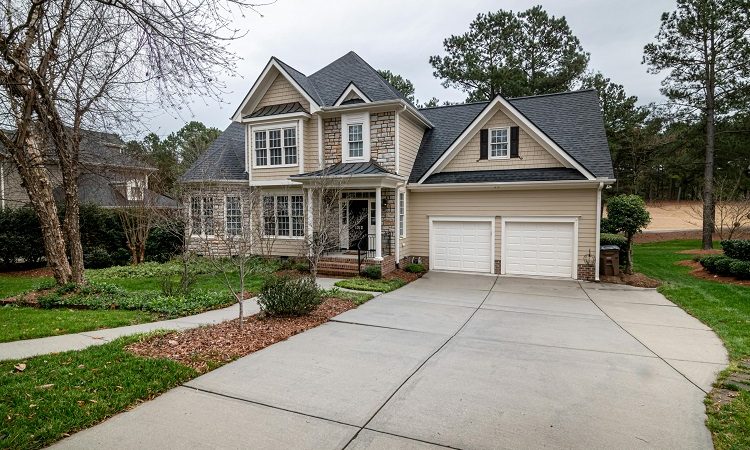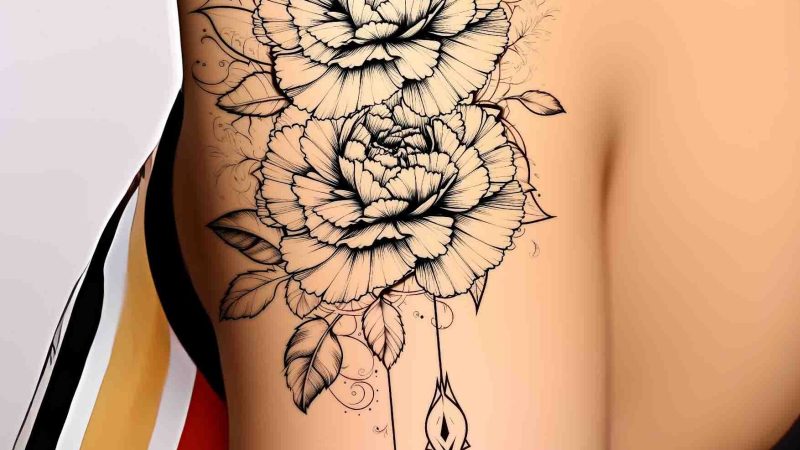Jpeg Alternative: Evolution in Image Compression

In the ever-evolving landscape of digital imagery, the JPEG (Joint Photographic Experts Group) format has long been a staple for image compression. For decades, it has been the go-to choice for storing and transmitting images due to its balance between quality and file size. However, with technological advancements and the demand for higher quality and more efficient compression, several alternatives to JPEG have emerged, offering new possibilities and addressing some of its limitations.
The Need for Alternatives
While JPEG has been widely adopted and remains prevalent, it does have its drawbacks. One of the main issues is the compression artifacts that can degrade image quality, particularly noticeable in images with high contrast or fine details. Additionally, JPEG images are often compressed in a lossy manner, resulting in a loss of data each time the image is saved, leading to a degradation known as “generation loss.”
Exploring Alternatives
HEIF (High-Efficiency Image Format):
HEIF, standing for High-Efficiency Image Format, has gained attention as a modern alternative to JPEG. Developed by the MPEG group, HEIF uses advanced compression techniques to store images more efficiently while maintaining higher image quality. Its ability to store not only images but also image sequences, image derivatives (such as depth maps or alpha masks), and even image editing history within the same file makes it versatile.
WebP:
WebP, developed by Google, focuses on both lossless and lossy compression. It offers smaller file sizes compared to JPEG without compromising image quality significantly. WebP supports transparency (alpha channel) and animation, making it a suitable choice for various web-based applications. Its adoption by major web browsers has contributed to its popularity for web-based content delivery.
AVIF (AV1 Image File Format):
AVIF utilizes the AV1 video codec’s compression efficiency to encode images. Developed by the Alliance for Open Media, AVIF delivers superior image quality at smaller file sizes compared to JPEG. Its support for features like HDR (High Dynamic Range) and wide color gamut makes it a promising option for high-quality image delivery.
JPEG-XL:
JPEG-XL aims to be a successor to traditional JPEG, developed by the JPEG committee itself. It combines various modern compression techniques to achieve better compression efficiency while maintaining compatibility with existing JPEG workflows. JPEG-XL supports both lossless and lossy compression, adaptive streaming, and a wide range of color spaces.
The Future Outlook
As technology continues to advance, the demand for higher quality images with smaller file sizes grows. While JPEG alternatives offer promising solutions, widespread adoption depends on factors like compatibility, support across devices and software, and industry acceptance.
The transition from JPEG to newer formats won’t happen overnight, considering the vast existing infrastructure and widespread use of JPEG. However, as more applications, devices, and platforms embrace these alternatives, they may gradually become the new standard, offering better image quality, smaller file sizes, and enhanced features.
Conclusion
JPEG alternative has served as a reliable image compression format for years but is now facing challenges in meeting the demands of modern digital imaging. Emerging alternatives like HEIF, WebP, AVIF, and JPEG-XL present innovative solutions with improved compression efficiency and better image quality.
As technology progresses and user expectations evolve, these alternatives stand as promising contenders, pushing the boundaries of image compression technology and reshaping how we perceive and handle digital imagery in the years to come. The future of image compression appears exciting, driven by continual innovation and the quest for higher quality and more efficient image delivery.





